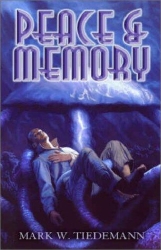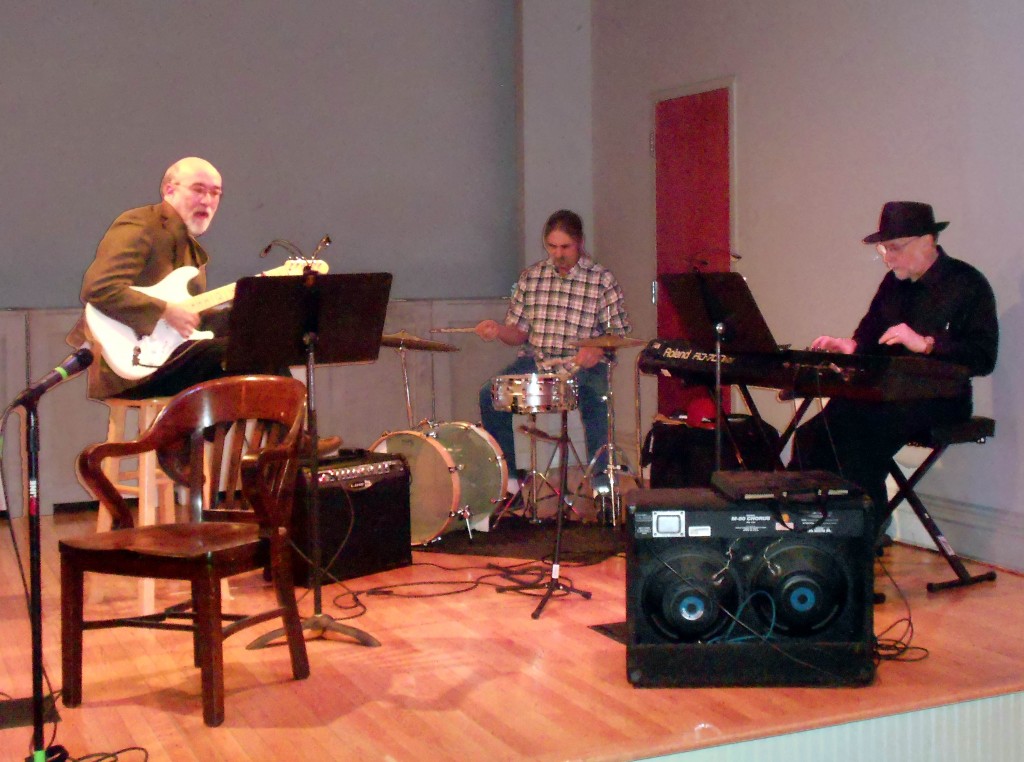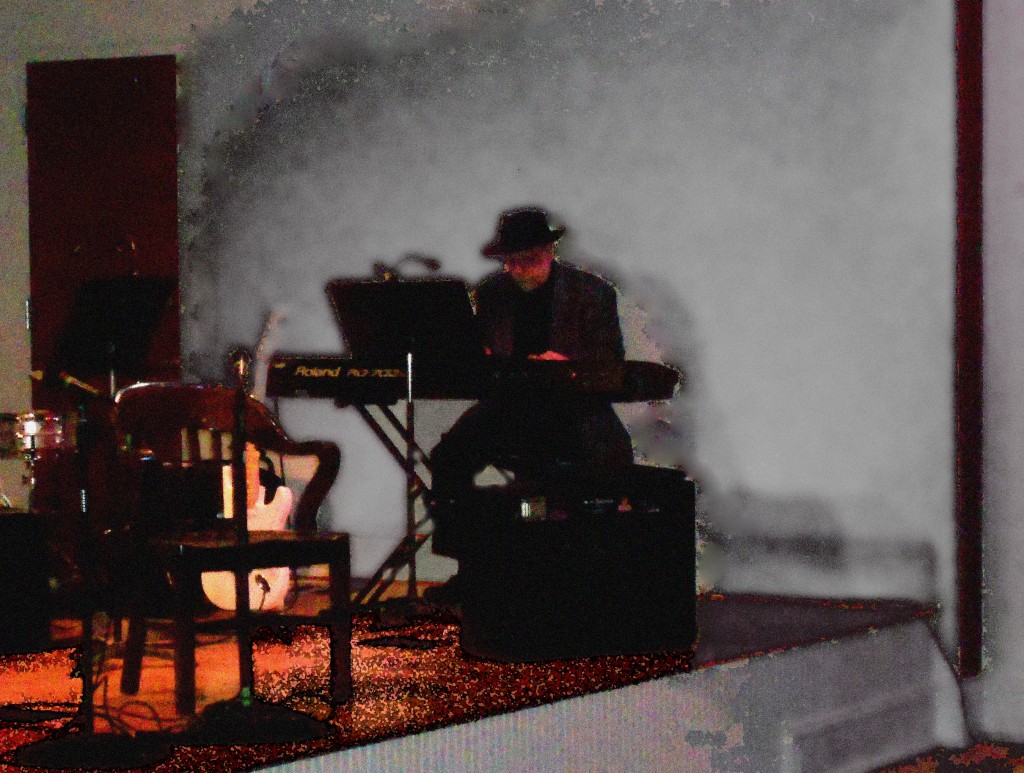As I previously noted, the reading group (study group, really) to which we belong just completed Dante Alighieri’s Commedia. After seven years of more or less twice-monthly sessions, canto by canto, poring over etymologies, dictionaries, lexicons, and tossing ideas around in a whirlwind of interpretation, we came to the end, with more stars, and one may hope a better understanding of a text that has been at the center of Western Literature for centuries.
Hope, I think, is the key. Which is to say, the meaning of that word in the famous line everyone seems to know even if they don’t always know from where it comes. Abandon all hope, ye who enter here.
From Canto III of Inferno. The full quote is:
“Through me you pass into the city of woe:
Through me you pass into eternal pain:
Through me among the people lost for aye.
Justice the founder of my fabric moved:
To rear me was the task of Power divine,
Supremest Wisdom, and primeval Love.
Before me things create were none, save things
Eternal, and eternal I endure.
Abandon all hope, ye who enter here.â€
The line became a common one in religious pageants, engraved over the orifices of Hellmouths, and used in countless bad horror dramas.
One thing emerged very clearly in our study—Dante was a master etymologist. His use of the vernacular is often seen as both a radical departure and as a dismissal of possibly troublesome secondary and tertiary intentions. But often we followed the trail of some word back through archaic Italian to Latin (and sometimes Greek, though famously “Dante knew no Greek”) to produce some rather fascinating alternate takes on what are otherwise common understandings of his lines.
Take the word Hope, for instance. In Dante’s Italian, this is speranza. it does mean “hope” but it also means “prospect,” which has a different connotation. Follow the word back through Latin, from its primary source sperantia to the root spes and among the several meanings you find “anticipation” and “expectation.”
If we swap the traditional meaning from “hope” to “expectation” we not only get a somewhat different meaning to the phrase but a that difference that ripples throughout the rest of the work. “Abandon all expectation, you who enter here” possesses all sorts of other context intentions that can, unexpectedly, alter our apprehension of what follows.
Because what follows is indeed unexpected.
Most commentators seem stuck on the basic idea that Dante was writing about the afterlife. Use of “hope” in the opening scenes, on the verge of hell, tends to support such a reading. Certainly there’s nothing essentially wrong with this, as the Commedia was part of a healthy popular literary form of the day, Vision Literature. (We have more than 60 surviving manuscripts of these stories, guided tours through the realms of the afterlife. The first we know of was recorded by Pope Gregory the Great around 590 C.E.) The framework Dante used was well-established and by no means radical.
But like any great artist, he put it to other uses.
Most Visions of this sort wallow in the novelty of infernal tortures and the ultimate relief of heaven. They are almost wholly sensual, an odd thing for works that ostensibly describe a decidedly noncorporeal experience.
Dante was exploring morality, ethics, and the theater of the mind. By reading the famous admonition as “expectation” being left behind, it may be easier to see this. There is no “hope” in the usual sense, mainly a fervent trust in an ultimate validation, reward, completion. (By the time you work your way through Paradise you cannot possibly see this as any kind of promised reward.) But in order to derive meaning—the meaning Dante intended—you have to leave preconceptions behind. You must abandon your expectations and come to the work with an open mind, willing to see things as presented and as suggested.
Dante is throughout concerned with the human capacity to think and understand. He states it clearly in Canto III of Inferno, just after the encounter with the epigram, where Virgil tells Dante:
“We have come to the place I spoke about, where you would see the souls who dwell in pain, for they have lost the good of the intellect.”
The Italian word used is dolorose, which does mean “pain”—but more, it means woe and regret. In this phrasing the meaning of “intellect” can be taken in a Hegelian sense, basically that intellect is that which allows context—which is a fundamental differentiation between intelligent people and those who are merely clever, a distinction that goes back at least to Socrates.
Why would intellect be tied one-to-one with the regret of hell? A simple answer would be that an abandonment of the intellect leads to an inability to make “right” choices and thence to a life of sin. But Purgatory is filled with people suffering an inability to make choices. Besides, salvation even then was believed to be a benefice of God’s grace, not anything to do with your own ability to think and understand.
Before that, Virgil tells Dante he must “leave distrust and doubt behind…put all cowardice to death”—namely, give up both expectation (hope) and prejudice (fear) in order to see things differently. In order to see what is really there.
The course Dante takes after crossing over in Charon’s boat is one where the denial of intellect, the inability to use it, and the final embrace of all its powers defines the framework of life.
To underscore this, those Dante learns of who inhabit Limbo are all poets and writers. Virgil of course, but also Homer, Lucan, Ovid, Horace. At this stage they are the only ones with the light of intellect, but they live in light surrounded by darkness, the threshold of Oblivion. They look but see nothing. In a sense, this condition is recapitulated in Paradise where the inhabitants seeing nothing else but what is at their center.
(Dante plays a curious game with Limbo, which did not become “official” until 1254 C.E. Limbo: limits, a threshold, from the sanskrit Lambaté, a suspension. Suspended animation. Indo European s’lamba, to hand down. A latent capacity, untapped until someone accepts it and puts it to use? As Dante uses Virgil? Limbo, perhaps, merely lacks a cultural basis for moving on. It is a place held in reserve, with no telos (which the Limboites do not believe in anyway—and why would they? It is not for them to find a direction), no concept of “paradise” toward which to move.)
At Canto V we come to the first thing in hell which, perhaps unsurprisingly, is carnality. But Dante is not a simplistic moralist. He was ever concerned with context and seemed to suggest that things in themselves were not immutable in the sense of being categorically right or wrong. Carnality is the first thing in hell, the last thing in Purgatory, and again the first in Paradise, transformed into eroticism.
Much has been written about Francesca and Paolo, hell’s first victims, and one may legitimately wonder why they are here. After all, they only wanted love.
Again, it is a question of intellect, and this first example sets the stage for what follows. Paolo and Francesca’s “principle” seems to be unbounded sexual passion, romanticized by models they have taken from fictions and poets, being “in the moment.” But moment follows moment. It is telling that Paolo never speaks and here is the problem. The distinction is between self-awareness and self-involvement. Self-awareness is necessary to recognize the affect you have on others, and neither Francesca (it’s all about her) nor Paolo display the least degree of awareness and end up blaming their unfortunate state on everything and everyone else. They reject context, refuse to acknowledge responsibility, act out of absolute sensual impulse ungoverned by any consideration beyond their own gratification. Consequently, they enter upon level after level of betrayal, beginning with self-betrayal. (Francesca completely depersonalizes Paolo, never even naming him, but referring to him as “this one.”) The eros is not what they’re in it for, but the denial of everything but the capture of a momentary impulse which they do not even try to understand. (The idea that this canto is based on “the autonomy of passion and the heteronymy of sin” would make more sense if the terms were reversed.)
It is here where we can see what Dante was playing at. On the surface, Francesca and Paolo are “innocent”—young lovers only wanting each other—but they indulge their pursuit by rejecting forethought, understanding, any kind of self-awareness, and accept only appetite as a justification for…anything. It is not so much the act but the lack of any recognition that has put them here.
We completed the entire work this year, so I’m adding this post to my end-of-year reading assessments. I’ll be returning from time to time to mull over more of the work.
Along with this, though, I read the Barbara Reynolds’ biography Dante: the Poet, the Political Thinker, the Man. Ms. Reynolds was Dorothy Sayers’ personal assistant and aided Sayers in her translation of Dante (and finished it when Sayers died before completing it). Reynolds also wrote a biography of Sayers.
I can recommend the Dante biography as a biography, but I found her analysis of the Commedia conservative and traditional, despite her claim to have a “new and radical” take on it. Like most commentators, she accepts unquestioned that Dante was talking about the afterlife. In my view (decided amateur, to be sure, and unacademic, but it is mine) Dante was not at all concerned with the afterlife in his great work. As an exile, a nearly perpetual outsider, Dante had a view of the secular and temporal whole as a network of political, philosophical, and intellectual systems and codified that view here. He cast it in the framework of a Vision and thereby wrote what might otherwise have been condemned outright as heresy. But by the end I found it difficult if not impossible to see this as anything other than a precursor to later examinations of Reason and the human condition. (There’s even some interesting physics thrown in here and there, especially concerning optics, but also concerning time, which on some levels are related.) He was very much writing about the here and now, the there and then, and problems of right action in a corrupt world. His opening charge, to give up expectations—prejudice, preconceptions, hopes, fears—is intended to clear the mind for the work of seeing fresh. He ties intellection to salvation, but it is not the kind of salvation one’s expectation may anticipate.






